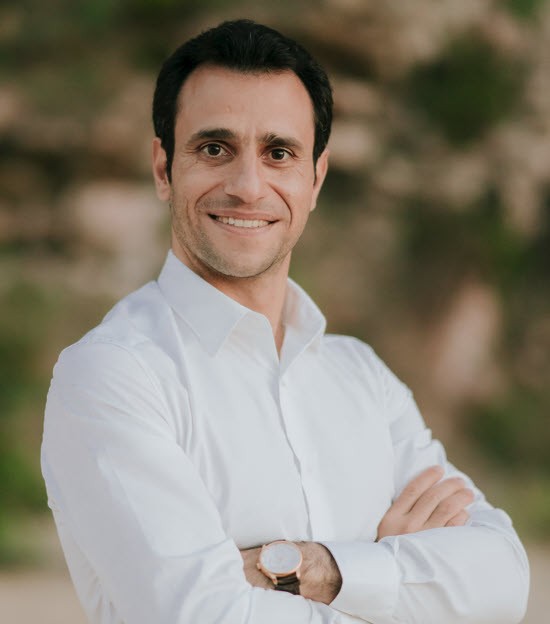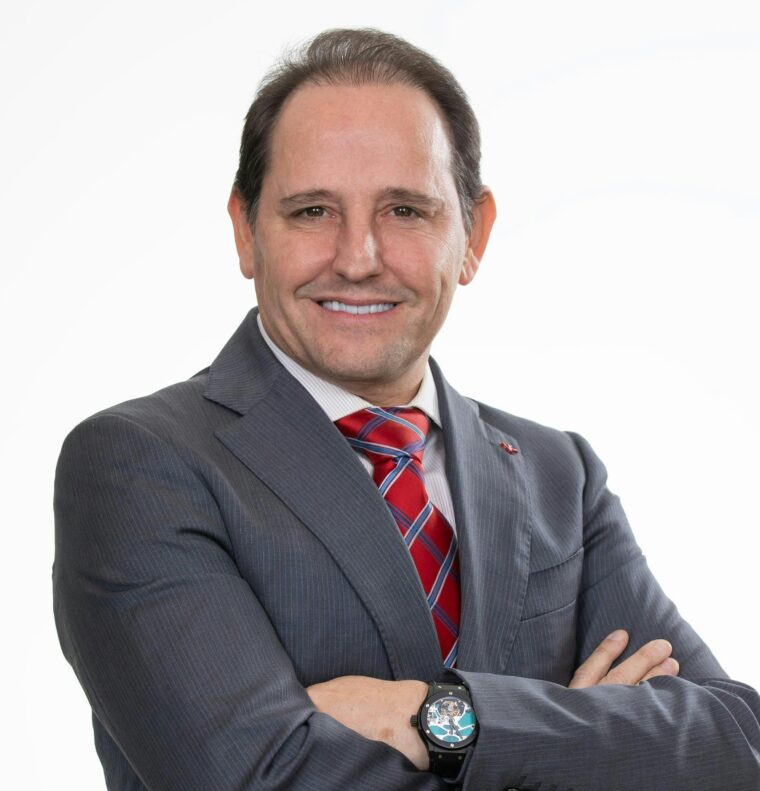Portuguese people who stand out abroad are helping to find out where business opportunities are and what kind of companies and activities the country can attract. An initiative that brings together Negócios and the Portuguese Diaspora Council.
1- What led you to leave Portugal?
The SumolCompal group, to which I have been linked for 30 years, decided to undertake an internationalization strategy that led me, in 2009, to take on responsibilities as director, with responsibility for increasing exports to more than 70 countries, and to seek to develop production projects abroad.
In 2013, we started production at our new factory in Mozambique, and from then on, I was responsible for that operation.
What motivated me was this sense of responsibility and a taste for adventure.
2- What advantages or disadvantages did being Portuguese bring you?
One skill that the Portuguese often display is the ability to solve problems. To look at a situation, recognize the difficulties and focus on finding solutions. This skill, combined with flexibility, is fundamental to the development of a start-up in any geography. Not waiting until you have all the systems in place to start working, having a sense of responsibility for the teams you lead and a strong empathy for local consumers are characteristics that help when approaching new markets. As well as humility, which is fundamental for flexibility and overcoming obstacles.
In Mozambique specifically, the great advantage is that we have common cultural references, from language to football and the inevitable gastronomy. This makes any relationship much easier, and human relationships still count for a lot in Africa.
3- What obstacles did you have to overcome and how did you do it?
An ‘emerging’ economy has many opportunities, but it also has many ‘emergencies’ that require us to spend a lot of time solving problems, without the solutions we take for granted in developed economies.
We have to realize that we have become foreigners and that there are many more variables that we don’t control. We have to accept them as restrictions, live with them and still try to achieve our goals.
A sudden currency devaluation or a security disruption are facts of life that can happen, we can’t avoid or influence them, we can only adapt.
In a start-up, functions are built up and structures respond to growth; each team member usually has several interlocutors in the ‘parent company’, has multiple functions that would be carried out by several people in larger, stabilized environments. We now have ‘two cultures’, the one we come from and have to report to, and the one of the new markets and the people we have to deal with on a daily basis. In these circumstances, it’s essential to maintain a close relationship with the team, constantly remind them of the mission and stay focused.
In addition, we have to ensure that principles are not confused with methods; ensure that ethical principles are rigid and underpin all behavior, and admit that methods can be flexible, adapted to the needs of the environment. And then translate this into both ‘languages’, ensure that resilience is the norm and that there is alignment of purpose.4- What do you admire most about the country you’re in?
4- What do you admire most about the country you’re in?
People and nature.
No matter the difficulties, the people are welcoming and have a sense of human relationships that is being lost in Portugal. You live for the day, if it goes badly tomorrow you wake up again and start all over again; if it goes well, you celebrate. There is little sense of long term, we live very much with a sense of the ephemeral – for better or for worse. This means it’s a very resilient society, but also one without much sense of planning.
Relationships are closer, with a sense of what is most important: sharing, friendship, and loyalty.
Nature has no translation in the local languages – it is assumed that the self is part of the whole. The distances are unexplainable: in a country ten times the size of Portugal, a 3,000-kilometre sea that is always blue, the water always above 25 degrees, incredible landscapes, and the feeling that we are seeing the environment as it was created.
5- What do you admire most about the company or organization you work for?
Competence, patience, and loyalty.
SumolCompal does what it decides to do very well, whether in terms of organization, brands, or markets. There is a lot of accumulated experience and ambition that translates into great competence, and this is also felt in a new and demanding geography.
Patience is essential for projects to be implemented in ‘emerging’ economies. Not everything goes smoothly at first, plans are as necessary as they are unlikely to be realized. Insistence and persistence are the hallmarks of those in business with a purpose.
Loyalty to internal teams, consumers and business partners is a fundamental characteristic to ensure a company’s credibility. SumolCompal is always there, in opportunities and difficulties, which conveys great confidence and a sense of belonging.
6- What recommendations would you give to Portugal and its entrepreneurs and managers?
I would advise Portuguese society to rethink its intergenerational responsibility. We have a responsibility towards our children and grandchildren that we ignore in some decisions, particularly short-term political decisions. We don’t often think about the long-term purpose and impact of our actions – the urgency or need of the current generation often absorbs all the attention and resources, leaving the bill for current well-being to our grandchildren.
I would advise entrepreneurs and managers to take risks. The ‘comfort zone’ is one in which everything happens around us without our control or participation. Ambition has to be combined with the discomfort of difficult challenges and unlikely victories. When effort and commitment are combined with courageous and restless teams, the likelihood of magical and memorable results greatly increases. The pleasure of achievement when everything comes together, against all odds, is priceless and the only thing worth running for.
7- In which sectors of the country where you live could Portuguese companies find clients?
Mozambique has many challenges and opportunities. They are often confused.
The population is around 35 million, with an average age of around 17 and annual growth of over 2%. This means that the number of potential consumers will rise, depending on which business area the entrepreneur prioritizes.
Food, education, and health are areas to develop. Agriculture has enormous potential due to the availability and quality of the land, the availability of water and the geographical spread of 3000 kilometers with multiple climate varieties. Many other sectors would benefit from the quality of companies that invest in long-term and in value propositions that are well adapted to the market and the (very challenging) conditions of the business environment.
There is a large installed base of Portuguese companies and entrepreneurs in Mozambique, in multiple sectors of activity. This network of contacts can be very useful in mitigating the lack of knowledge of those thinking of investing in the country.
8- In which sectors in Portugal might companies from the country where you live want to invest?
Mainly real estate, catering and tourism. The Portuguese community in Mozambique is larger than the other way round, and there is a need to strengthen these ties.
9- What is the competitive advantage of the country you live in that could be replicated in Portugal?
Some informality and a sense of solidarity. In Mozambique there is often a mechanism between family members, colleagues or friends called ‘estique’. In a simple example, 12 people get together and decide to set aside a certain amount of money each month. Each month, one of the people receives everyone’s money and keeps the commitment to contribute successively to the others. This mechanism presupposes absolute trust and is a pretext for strengthening bonds of solidarity.
Relationships, even at work, always have a strong human component. In Portugal we tend to focus too much on the result, without realizing that to achieve it we need others, and often we have to work side by side.
10- Are you thinking of returning to Portugal? Why do you think so?
Yes, of course. Every time I travel between Maputo and Lisbon, I say I’m going home, but when I do it the other way round, I say the same thing. It’s a great comfort to know that you feel good and at home in two different places.
I’ll always come back because most of my family is here and because I still think there are plenty of opportunities in the country. I’d like to contribute my experience and a different vision to improving the country’s economy.







